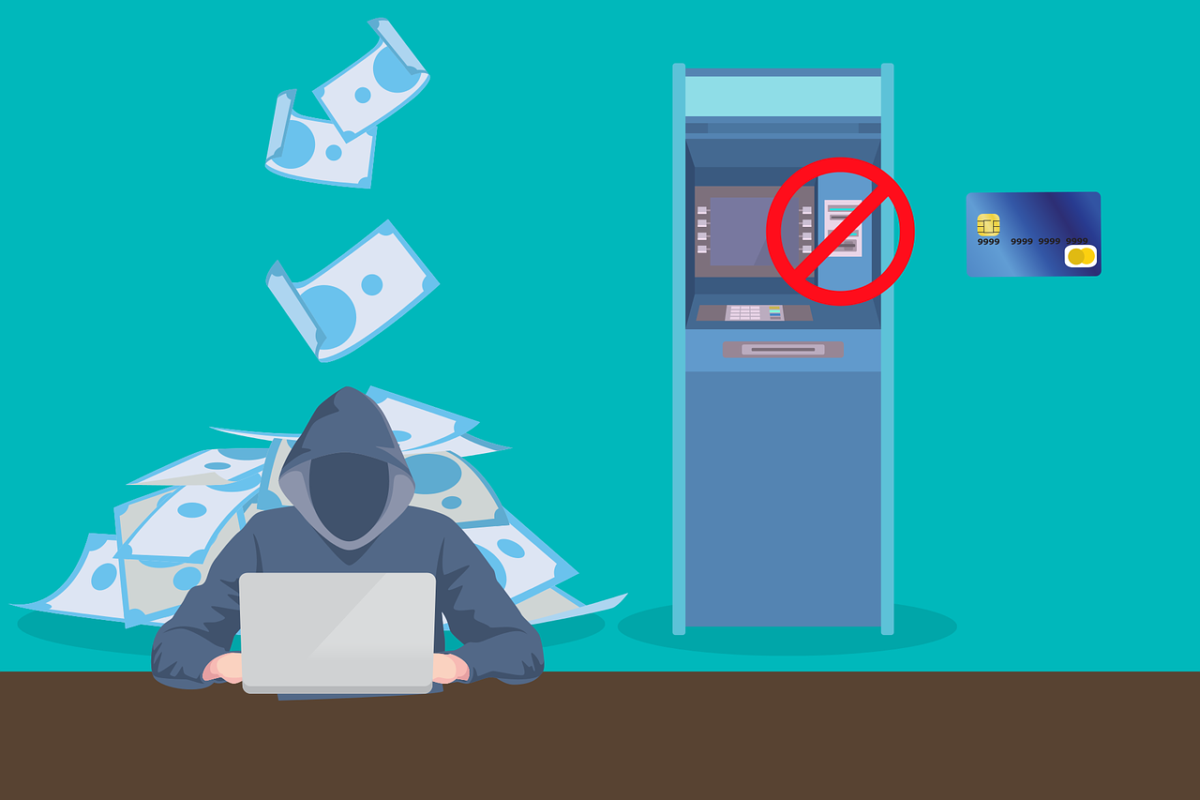Recovery
How to safe Online Scam in Inida?
There are several steps you can take to protect yourself from online scams in India:
- Be cautious with your personal information: Never share your personal information, such as your bank account details, credit card numbers, and passwords, with anyone online, especially if you do not know them or the website they are associated with.
- Use strong passwords: Create strong passwords that are difficult for hackers to guess, and use a different password for each online account.
- Install security software: Install security software on your computer and mobile devices to protect yourself from viruses, malware, and other cyber threats.
- Verify the authenticity of websites and emails: Before you enter any personal information or make a purchase online, verify the authenticity of the website and email you are dealing with. Check the URL and look for signs that the website is secure, such as a lock icon in the address bar.
- Be wary of suspicious emails and messages: Be cautious of unsolicited emails and messages that ask you to click on a link, download an attachment, or provide personal information. These could be phishing scams designed to steal your information.
- Research before making a purchase: Research the seller and the product before making a purchase online. Check reviews, ratings, and feedback from other buyers to ensure that you are dealing with a reputable seller.
- Use secure payment methods: Use secure payment methods such as credit cards, debit cards, or online wallets that offer buyer protection. Avoid making payments through unsecured channels such as wire transfers or cash-on-delivery.
By following these steps, you can minimize your risk of falling victim to online scams in India.

